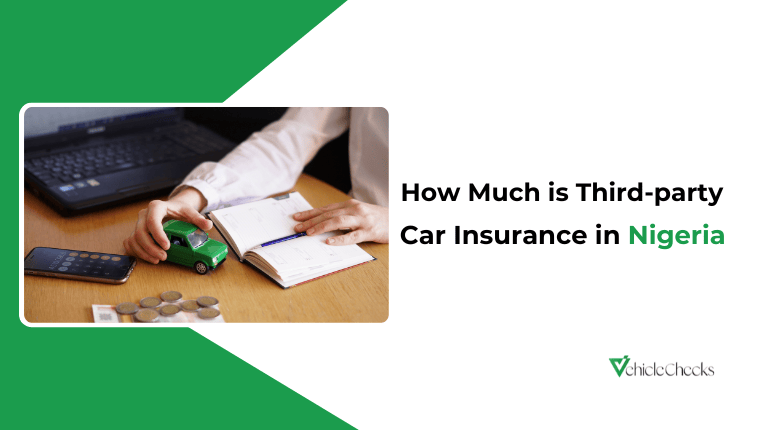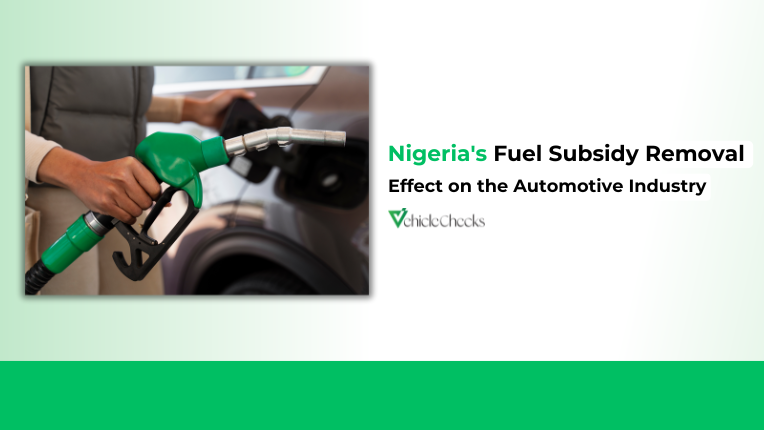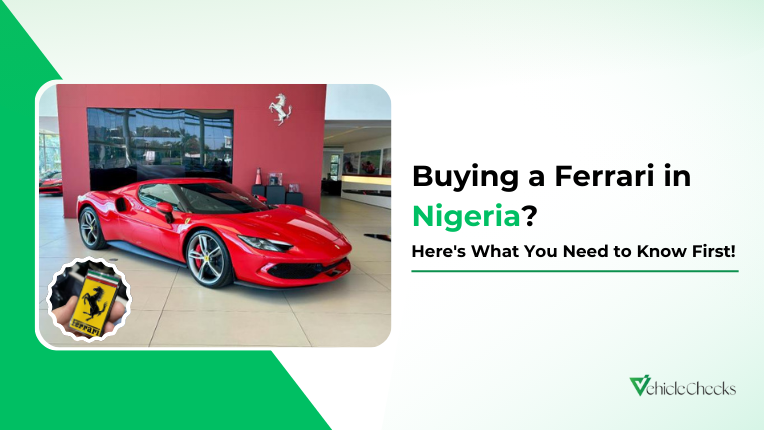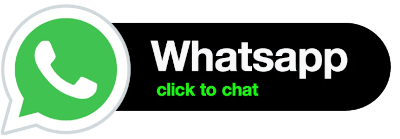As of January 1, 2023, the cost of third-party motor insurance in Nigeria has significantly increased following a directive from the National Insurance Commission (NAICOM). The premium for third-party motor insurance, which was previously N5,000, is now N15,000. This update was communicated through a circular titled ‘New premium rates for motor insurance’ (Circular Number: NAICOM/DPR/CIR/46/2022) issued to all insurance companies by NAICOM.
Breakdown of the New Insurance Premium Rates
The circular, signed by the Director of Policy & Regulation at NAICOM, L.M. Akah, outlines the new premium rates for various categories of road users. These adjustments are in line with NAICOM’s authority under Section 7 of the NAICOM Act 1997 and other relevant laws.
Here are the new premium rates and compensation limits for different types of vehicles (the unit for all figures is Naira NGN):
Private Motors:
New Premium Rate: N15,000
Claims Limit: N3 million
Own Goods Third Party Cover:
Premium: N20,000
Compensation: N5 million
Staff Bus:
Premium: N20,000
Compensation: N3 million
Commercial Vehicles (Trucks, General Cartage):
Premium: N100,000
Compensation: N5 million
Special Types:
Premium: N20,000
Compensation: N3 million
Tricycle:
Premium: N5,000
Compensation: N2 million
Motorcycle:
Premium: N3,000
Compensation: N1 million
These rates are designed to provide adequate coverage and ensure that road users are protected against potential liabilities.
Comprehensive Motor Insurance
In addition to the third-party insurance premium adjustments, the circular also addresses comprehensive motor insurance policies. It stipulates that the premium rate for comprehensive motor insurance will not be less than five percent of the sum insured after all rebates and discounts have been applied. This ensures that policyholders receive substantial coverage for their vehicles, protecting against a wide range of risks, including theft, fire, and accidental damage.
Inclusion of the Ecowas Brown Card
The new third-party insurance premium rates also include the Ecowas Brown Card, which is a requirement for vehicles traveling within the Economic Community of West African States (ECOWAS) region. This card facilitates the seamless movement of vehicles across member states by providing the necessary insurance coverage. It ensures that drivers are protected and comply with insurance regulations while traveling internationally within the ECOWAS region.
Importance of Compliance and Regulatory Oversight
NAICOM emphasizes that failure to comply with the new premium rates will attract appropriate regulatory sanctions. Insurance companies and road users are therefore advised to adhere to these new regulations to avoid any penalties. This regulatory oversight is crucial for maintaining the integrity of the insurance industry and ensuring that all vehicles on the road are adequately insured.
Impact on Vehicle Owners
The increase in third-party motor insurance premiums represents a significant shift for vehicle owners in Nigeria. While the higher cost may initially seem burdensome, it reflects the broader aim of providing more comprehensive coverage and better protection for all road users. Adequate insurance is essential for mitigating the financial impact of accidents and other incidents, and this adjustment aims to enhance the overall safety and reliability of the insurance system.
Vehicle owners are encouraged to review their insurance policies and understand the benefits of the new rates. By staying informed and compliant, they can ensure they are well-protected against unforeseen circumstances. Moreover, the inclusion of additional coverage options, such as the Ecowas Brown Card, further underscores the importance of having robust insurance policies in place.
How Can Insurance Companies Avoid Insuring Stolen Vehicles?
Ensuring that a vehicle is not stolen before providing insurance coverage is critical for insurance companies. The financial and reputational risks associated with insuring stolen vehicles are significant. To mitigate these risks, insurance companies can implement several vehicle checks and utilize services from reputable companies that provide theft checks and vehicle history reports. This thorough approach ensures that insurance companies only provide coverage to legitimate vehicle owners.
Read Also: What does Comprehensive Car Insurance Cover
Vehicle Checks to Prevent Insuring Stolen Vehicles
The first and perhaps the most vital process insurance companies should consider is VIN check. The VIN is a code that is generated for each vehicle when the vehicle is built. Thus, to verify whether the number corresponds to the vehicle records in the national or international vehicle identification database, insurance companies are recommended to check the VIN. This process enables confirmation of the genuineness of the vehicle and its history to be checked to discover if there are any anomalies or acts of alteration. This situation of mismatching VIN means that the car in question could be stolen or the identity of a vehicle has been transferred to another car.
Ownership Verification
It is also important for one to ensure that the person selling the vehicle is the rightful owner of the car. Insurance companies should make sure that a large amount of ownership documents are synchronized with the government to determine the ownership of the seller. This step eliminates cases of vehicle sales through fake documents, such as those that show that the car has not been stolen. The check on ownership proves the rightful mark of ownership of the car to the current owner while at the same time denying ownership to any other individual or entity who owns forged papers that show that they were the previous owner of the car in question.
Inspection and Physical Checks
However, the critical process of physical examination of the prohibited item and the vehicle is crucial as well In enhancing this paper- based verification. Vehicle surface should be physically assessed, and light damage, if any, around the VIN plate and other numbers should be looked for as a sign of tampering. Physical checks also involve checking for any disparities that relate to appearance like painted or matched items in the vehicle, meaning that may have been assembled from stolen parts. Such inspections can reveal signs of theft are unlikely to arise from a simple check of different papers and documents.
Theft and Recovery Database Checks
Utilizing specialized databases that track stolen vehicles and their recovery status is another important step. These databases compile information from law enforcement agencies and other sources, providing a comprehensive view of whether a vehicle has been reported stolen. By checking these databases, insurance companies can ensure the vehicle has not been flagged as stolen at any point. This step is particularly important for imported vehicles, which might have been stolen in another country before being brought into Nigeria.
Conclusion
This is a new change increasing the third party motor insurance premium to N 15000 this is work done by NAICOM in as far as developing insurance and adequate protection of the users of the Nigerian roads are concerned. Thus, by becoming familiar with such new rates and abiding by them, car owners can protect their vehicles and themselves from such contingencies on the road. The new rates are intended to be rather comprehensive in order to augment the security of the roads across the nation.
Importantly, as consumers change their behavior, it is equally essential to appreciate the importance of proper insurance policies. Appropriate insurance not only shields individuals who require automobiles, but it also prevents mishaps and the prevalence of substandard vehicles that are damaging to Nigeria’s transportation system. Hence, with such transformation and improved coverage, the users of the roads can proceed with their activities with less powerless and more reassurance.





